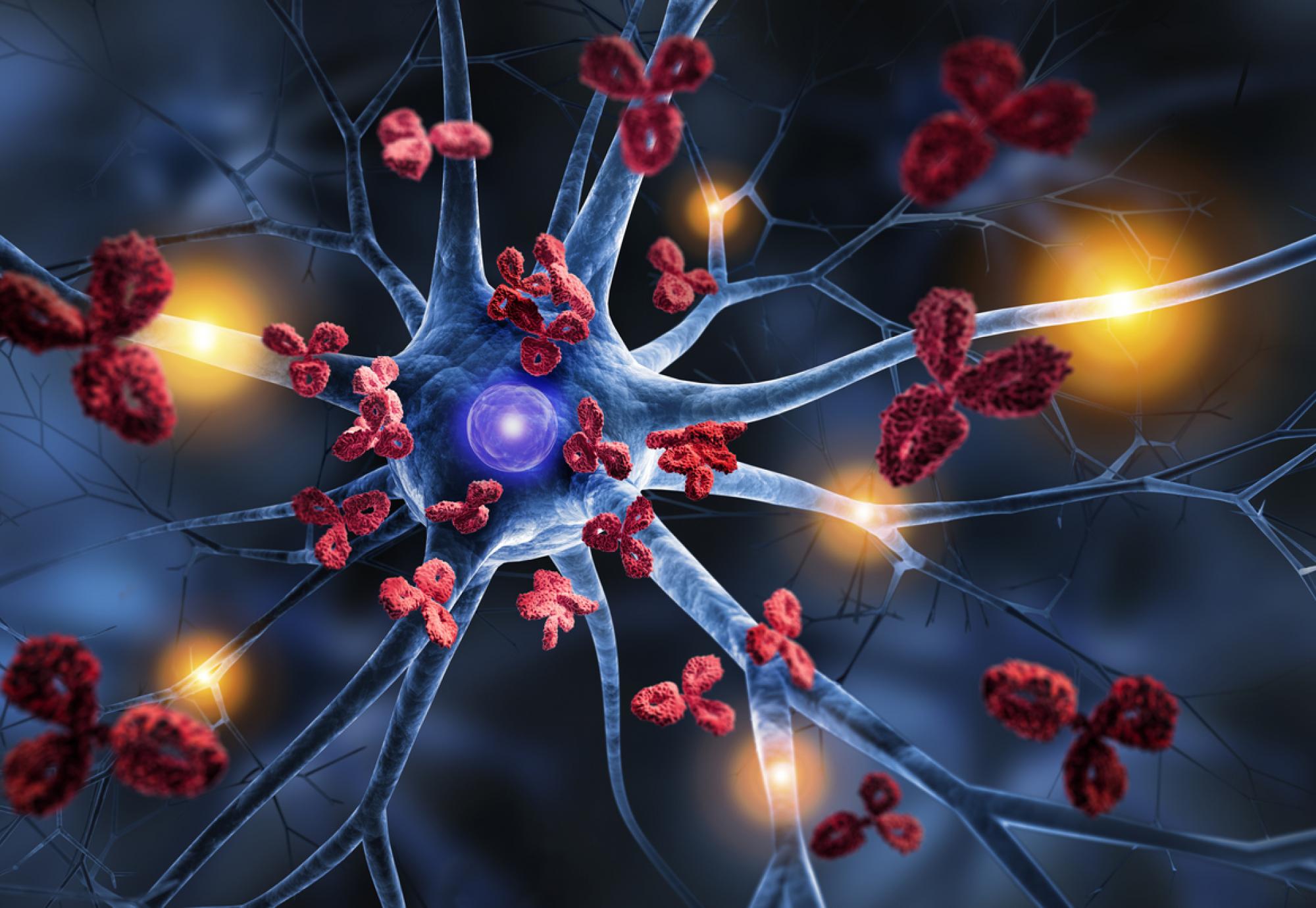For the first time ever, researchers from the UK are testing the viability of stem cell transplantation as a first-line treatment for particularly aggressive forms of multiple sclerosis.
The study, named StarMS, will compare the efficacy and safety of autologous hematopoietic stem cell transplantation (AHSCT) with four leading drug treatments for multiple sclerosis – Alemtuzumab, ocrelizumab, ofatumumab, and cladribine.
For the trial, industry experts from the University of Sheffield and Sheffield Teaching Hospitals NHS Foundation Trust will build upon the ground-breaking MIST trial, which found that stem cell transplantation could reverse disability in some multiple sclerosis patients and worked better than some of the best drugs available at the time.
The research team are aiming to recruit up to 200 patients. Once recruited, the study participants will be randomly assigned one of five treatments – Alemtuzumab, ocrelizumab, ofatumumab, cladribine, or a stem cell transplantation.
Chief Investigator Professor John Snowden, Consultant Haematologist at Sheffield Teaching Hospitals NHS Foundation Trust, said: “AHSCT has been shown to be highly effective in stabilising, and even reversing disability, in certain patients with MS.
“But the treatment landscape in this condition has shifted since the original MIST trial. The trial will measure how good and safe AHSCT is when compared head-to-head with the latest leading treatments for MS. In this way, we hope to determine the exact place of AHSCT in the modern treatment pathways for patients with severe MS.
“Such translational research may also offer important insights into the fundamental immune system abnormalities that cause MS in the first place.”
Multiple sclerosis affects around 100,000 people in the UK and more than two million globally; the findings of this trial could revolutionise future care for those people.
Lead Trial Neurologist, Professor Basil Sharrack, who is also a Principal Investigator at NIHR Sheffield Biomedical Research Centre, said: “Currently, there is no cure for multiple sclerosis, but huge advances have been made in recent years, with the MIST trial offering renewed hope for people living with this devastating condition.
“We now want to bring this research up to date, by taking into account all the latest advances in treatments. This could also provide us with the solid evidence we need to demonstrate that AHSCT can be offered as a first line treatment for those with the aggressive form of the condition.
“We are delighted to be using our internationally renowned expertise in stem cell transplantation to bring this latest research to the potential benefit of thousands of patients.”
The study is being funded by the National Institute for Health and Care Research and the Medical Research Council.



















